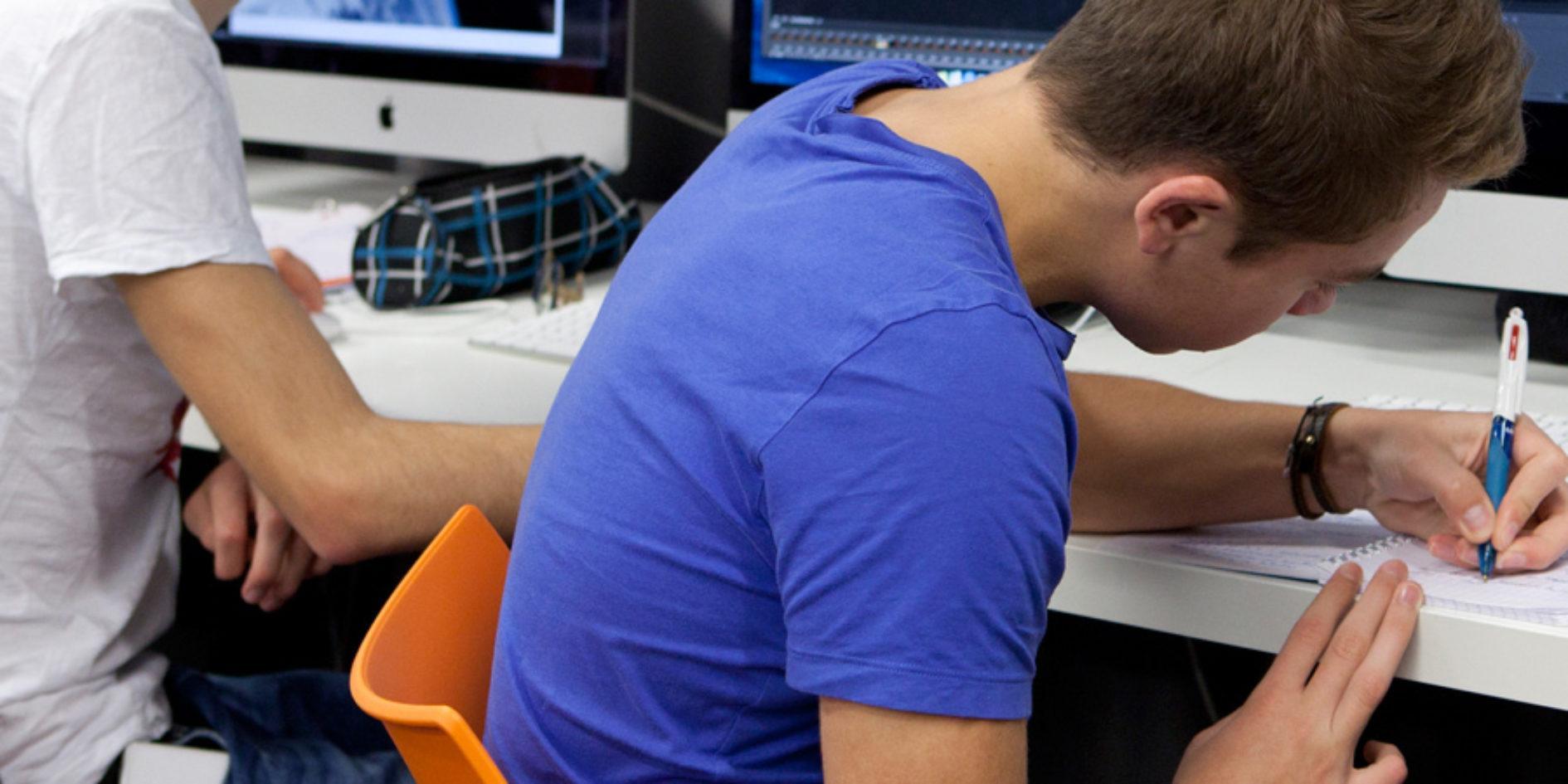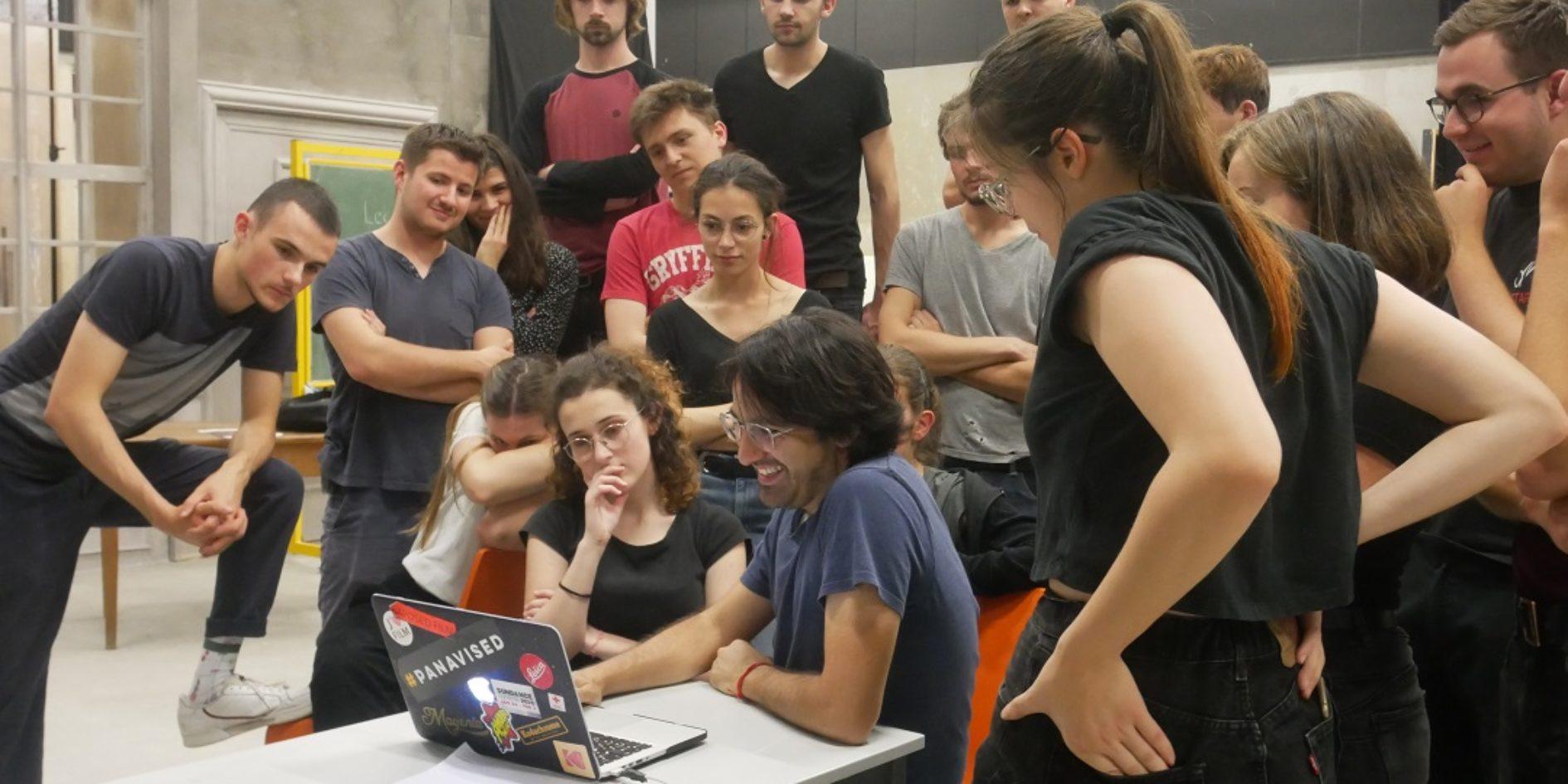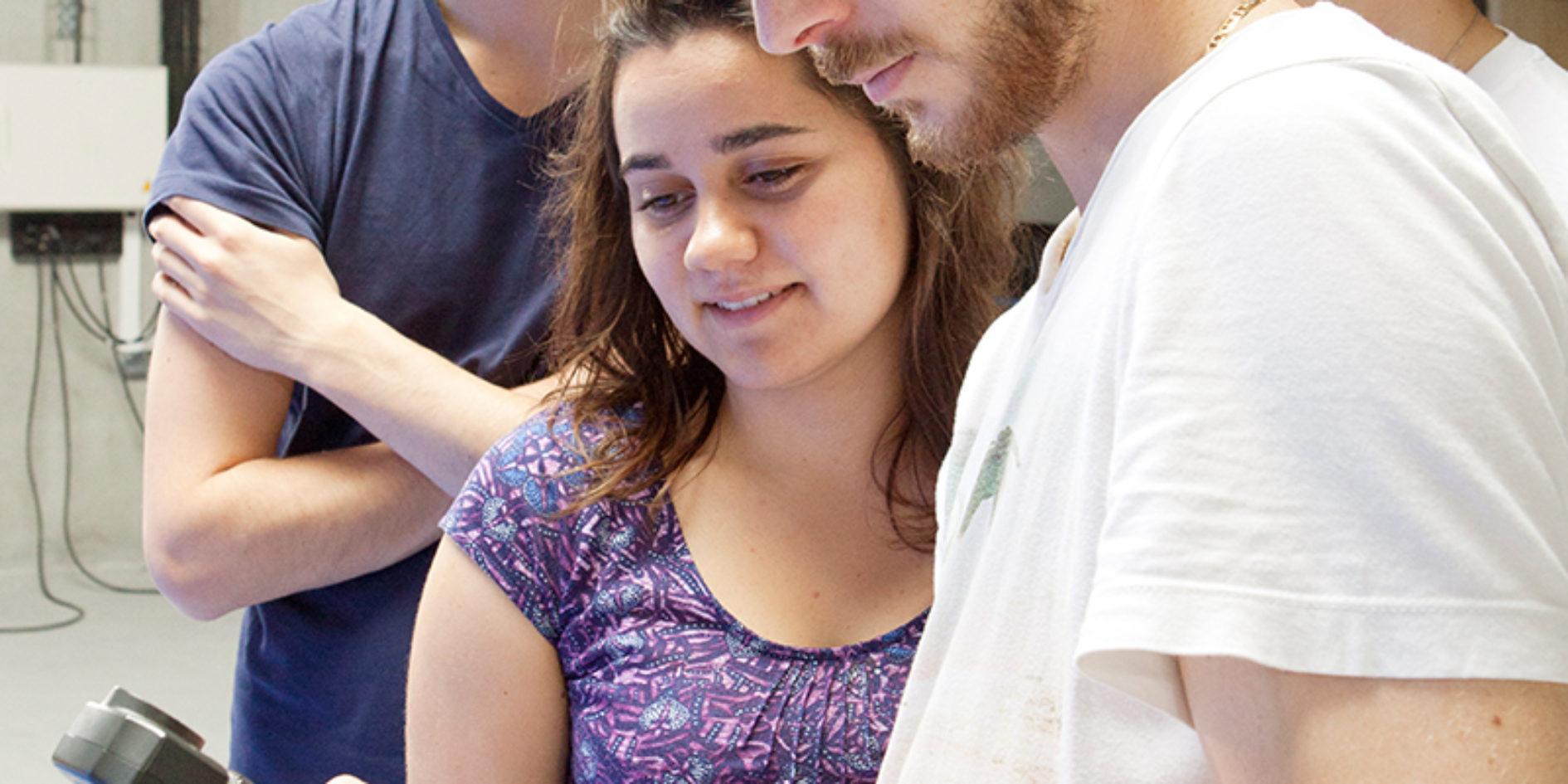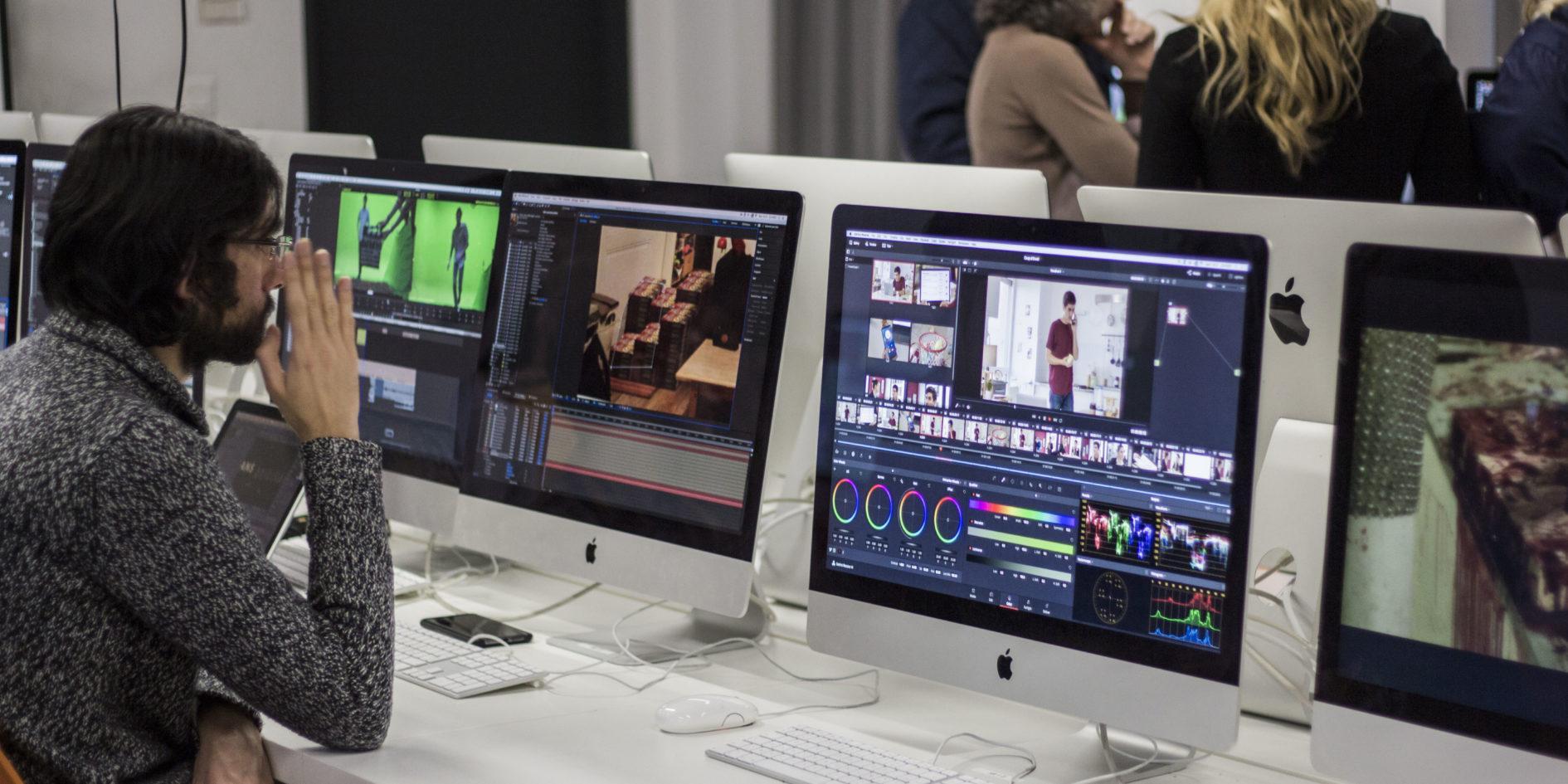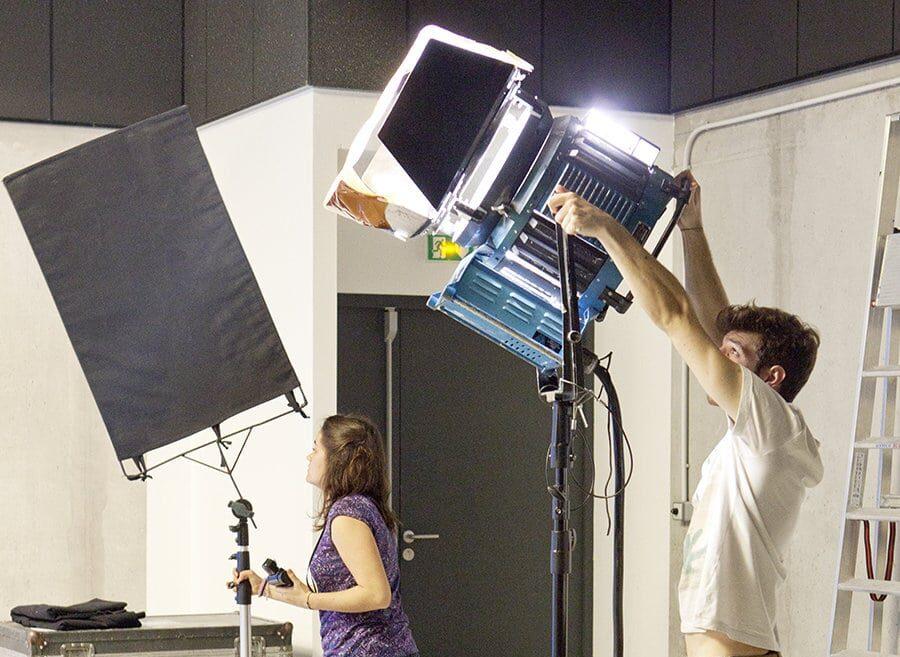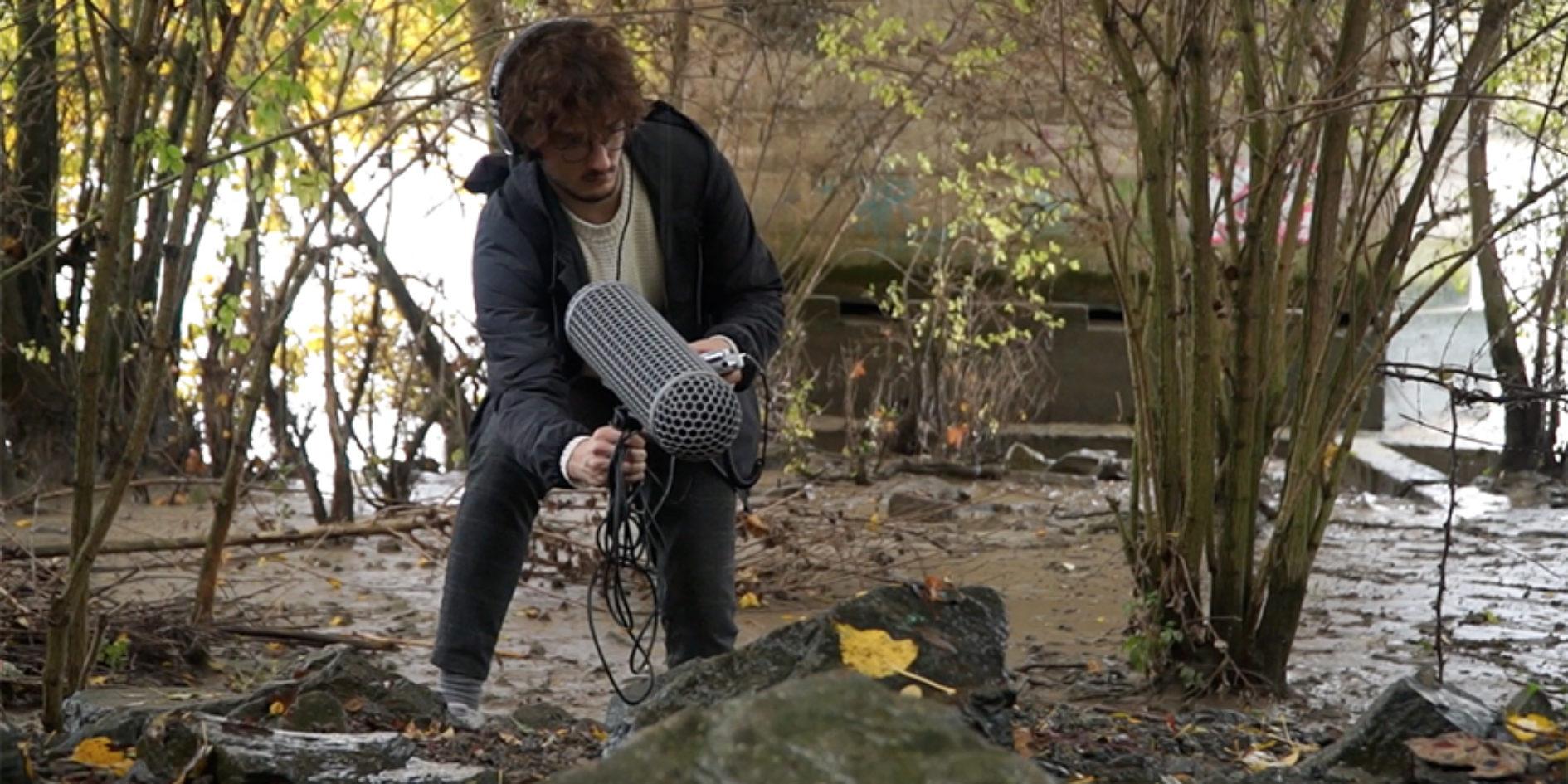Stagehand
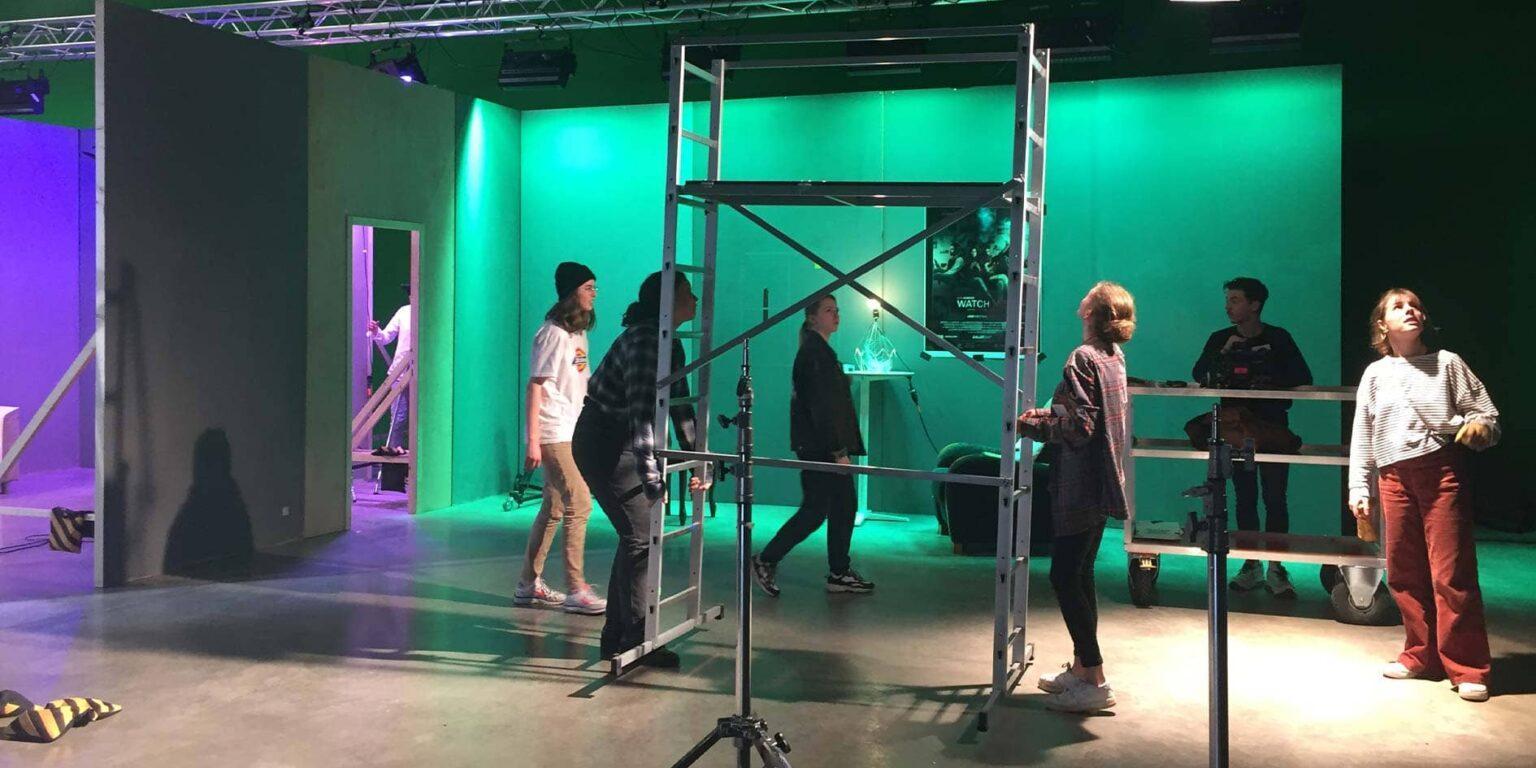
The stagehand is responsible for the installation and movement of the various cameras and their supports during shooting and recording.
As an expert in the equipment, he or she fulfills several missions, specified below with some other key information about this job: training, skills, job opportunities, salary benefits…
The stagehand’s role and missions
As a showman or woman, the stagehand operates behind the scenes.
This profession is practised in live theatres, but also on television sets and in cinema. As a result, the stagehand may specialise in a particular field.
Either way, a stagehand always works as part of a team, under the responsibility of the set designer, head stagehand or stage manager. He or she may also work closely with the film crews.
On a set or for the cinema
The stagehand is responsible for setting up and using the machines available, in order to carry out changes of scenery, or to move the shooting equipment.
He or she similarly operates the lighting and set equipment. He is the professional in charge of the effects and scenic devices, imagined by the director, the creator or the author. The stagehand “pilots” the backstage and ensures all the invisible but indispensable logistics.
In the fields of cinema and television sets, as a true audiovisual logistician, he or she carries out technical tasks related to the equipment. He can therefore operate on the shooting spot, in studios and on sets.
This audiovisual professional sets up and moves television and filming equipment as needed: cranes, projectors, camera tripods, tracking rails…
He / she can also assemble and secure all decoration, lighting and other equipment.
Head stagehand
The head stagehand participates in the creation and building of the set elements and various accessories essential to the production or show. In this context, he / she works in a production workshop.
Highly versatile, he / she is required to carry out a wide variety of assignments, with specific skills in carpentry or welding, for example. He / she may also be in charge of renting a variety of equipment such as vehicles, furniture, etc.
These skills are essential for live performances. In theatres, the stagehand may be in charge of the machinery, if it is not automated. Finally, he or she can also work as a flyman, and control the various lifting equipment intended for the staging and the change of scenery.
Diplomas and training
It is possible to access the profession of stagehand with a professional qualification (CAP in France) in cabinet making, carpentry or locksmithing. However, the level rises over the years and can reach a Bac +3 degree. Some training courses are also intended for the use of specific equipment such as motorized machines or cranes.
Likewise, the use of certain equipment may require specific qualifications. Internships and professional experience are always a plus for these manual trades that require great versatility.
Skills and required qualities
This job requires great physical stamina and strong interpersonal skills. Similarly, you need to be mobile and available to work staggered hours (night, weekend, evening).
The time range is an important characteristic of this profession. The filming and performance schedules are a priority: you must be able to adapt and be flexible.
His / her missions
In addition, the stagehand is a versatile professional, a true “jack of all trades”. Although his missions mainly concern the logistics of recording equipment, he may be called upon to carry out a wide variety of tasks. Confronted with the various problems encountered on the film set, he must be proactive and imaginative in the solutions he proposes.
With great manual dexterity and precise gestures, he demonstrates significant technical skills. Also, diplomacy and interpersonal skills are essential in this profession. The same goes for discipline, focus and adaptation to all circumstances.
Careers and professional opportunities
Production companies, television programmes, the entertainment industry… He can work in all fields where cameras are needed! The performing arts (opera, theatre, dance) is the leading recruiter of stagehands.
However, there are opportunities in many other fields such as the event organization sector: being mobile and available are therefore part of the required qualities.
With several years of experience, a stagehand can move on to management positions, such as stage manager or head stage hand, for example. It is also possible, after further training, to move on to positions in set design and construction (scenography).
The stagehand works in collaboration with the set architect on numerous projects. With an adapted training, he can aspire to this career after a professional reorientation.
Salary expectations
At the beginning of their career, stagehands are paid the equivalent of the minimum wage. This may change during the course of their careers or according to the assignments in which they are involved. However, many stagehands work as occasional workers.
In this context, the compensation they receive depends mainly on the missions they carry out and their reputation. Building and maintaining a strong network is essential in this business, as salaries depend on the contracts and their regularity.
In the entertainment industry, stagehands are often paid on a weekly or hourly basis.
